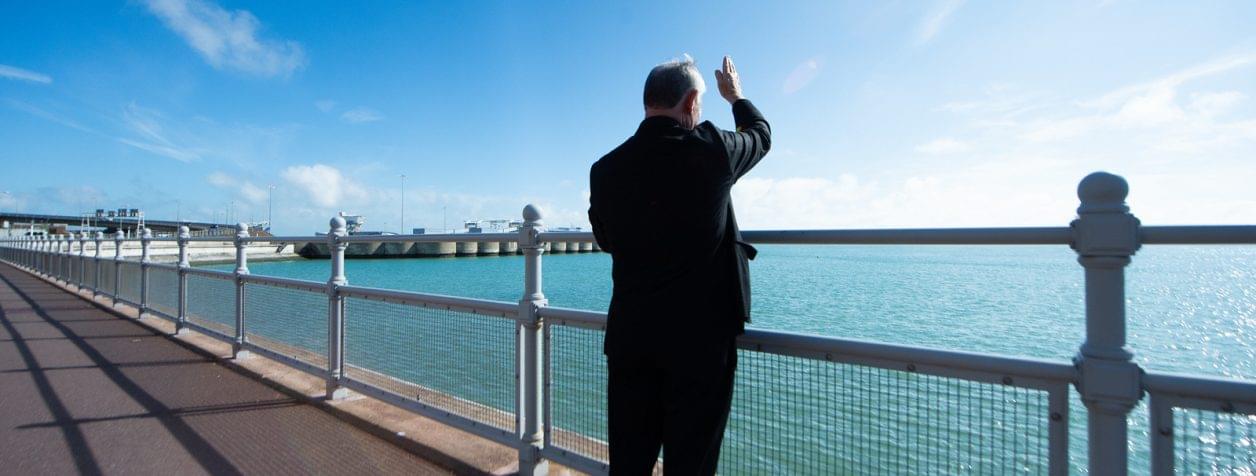Refugees, asylum seekers and those forced to flee their country of origin, may be in a vulnerable situation due to their experiences and by reason of flight. Having been uprooted, they are forced to leave behind their family members, their community and support networks, lending to social and cultural isolation. Where they were once self-sufficient, they are now unable to access basic resources and are forced to rely on others for support. Further instances of stigma and discrimination, such as racial prejudice, can exacerbate vulnerabilities and contribute to their layers of trauma.
Trauma related to an individual’s flight from their country of origin and the subsequent journey to safety, may be further exacerbated by their reception in the country of asylum. Depending on the level of support available, the security of their immigration status and work opportunities, their vulnerabilities may be exacerbated, thereby exposing them to possible exploitation in the UK. Hosts/sponsors can assist in minimising such risks via the wraparound support provided in conjunction with registered charities.
Psychological first aid is a method of helping people in distress, so they feel calm and supported in coping with their challenges. It is a way of assisting someone to manage their situation and make informed decisions. It is important to note that hosts/sponsors are not required to provide psychological support and are advised to refer individuals for specialist medical and psychosocial support, but there are some tools to support with basic psychological first aid, which includes listening, comforting, and signposting.
To further understand what trauma is and how it can affect individuals, NACCOM has published an appendix to their good hosting guide which provides an easy-to-understand overview.
For those interested in learning further about psychological first aid, the IFRC Psychosocial Centre has published resources on psychological first aid and for those fleeing Ukraine.
The World Health Organisation has published a psychological first aid guide which provides a framework for supporting people who have experienced crisis event. Though the guide is targeted at field workers, it is useful for all in a position to help and is available in multiple languages.
Additionally, individuals may have been trafficked or exploited prior to their arrival in the UK. They may not have informed anyone or even discussed their experiences with others. As the supportive relationship develops between hosts/sponsors and the individual, such information may be shared by the individual in a trusting manner. It is thus important that hosts/sponsors are aware of such a possibility and what to do in such cases – hosts/sponsors are not to provide psychosocial support and are advised to refer individuals to specialist medical services for the appropriate psychosocial support.
For further guidance on modern slavery and exploitation in the UK, The Medaille Trust, a CSAN member organisation specialising in support for survivors of trafficking and modern slavery, have published helpful information on modern slavery and how to spot the signs.
Another CSAN member organisation, St John of God (SJOG) have published a report on trauma informed care for survivors of modern slavery which helps with understanding what is modern slavery and what is trauma.
UK modern slavery & exploitation helpline: 08000 121 700
It is equally important that hosts/sponsors take care to manage their mental health whilst providing such support and are aware of the risks of vicarious trauma. Vicarious trauma is the term for trauma experienced by individuals through indirect exposure to a traumatic event/experience – hosts/sponsors may be at risk of vicarious trauma through their engagement with those they are supporting, who in the course of their relationship may reveal information about their past and what they experienced, resulting in their flight and resettlement to the UK.
If you have any concerns regarding possible vicarious trauma, please contact your GP.
Hosts/sponsors may seek guidance from specialist organisations and charities they are partnered with:
Refugee Council: https://www.refugeecouncil.org.uk/our-work/mental-health-support-for-refugees-and-asylum-seekers/
Freedom from Torture: https://www.freedomfromtorture.org/help-for-survivors/therapy-and-practical-help
Helen Bamber Foundation: https://www.helenbamber.org/refer
Gov.UK has published a migrant mental health guide – though it is targeted to healthcare practitioners, it offers a good outline of some of the issues migrants may face:
https://www.gov.uk/guidance/mental-health-migrant-health-guide
Image: Bishop Paul McAleenan at Dover seafront. Credit: Catholic Church England and Wales on Flickr

